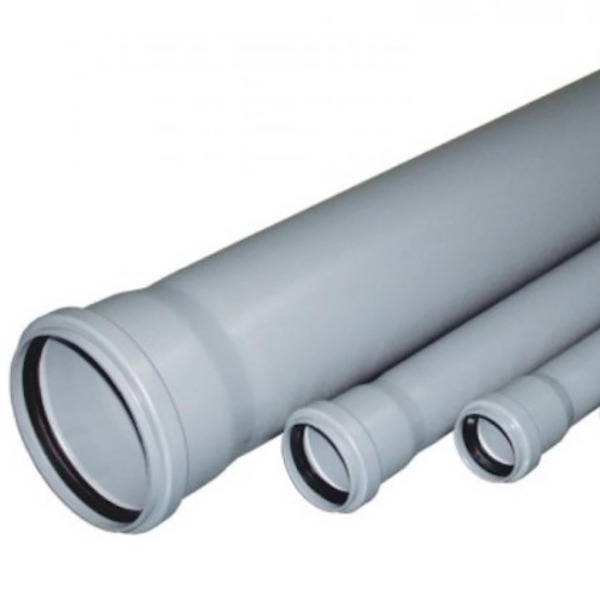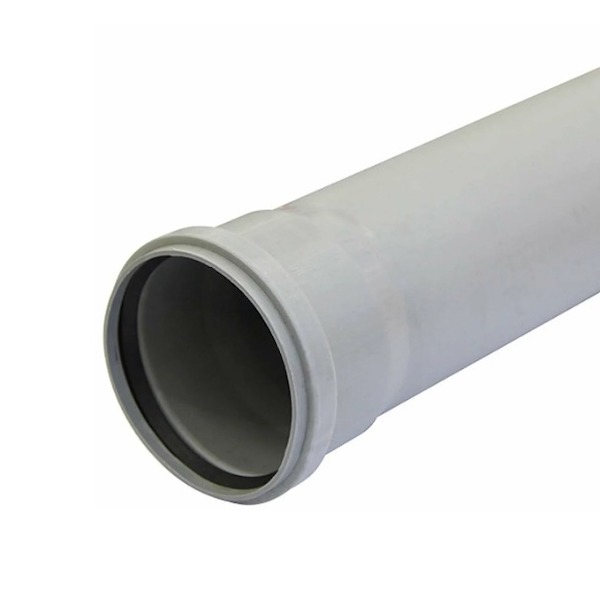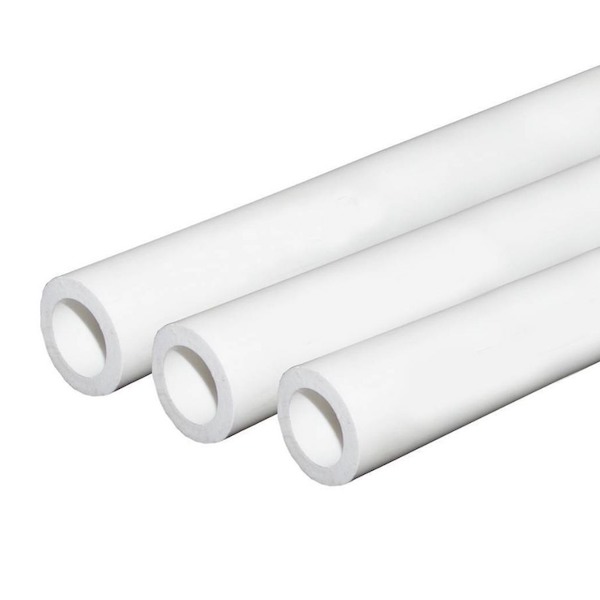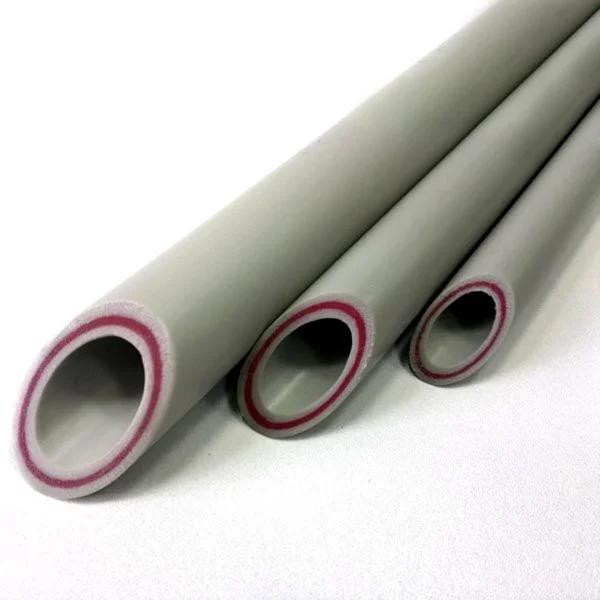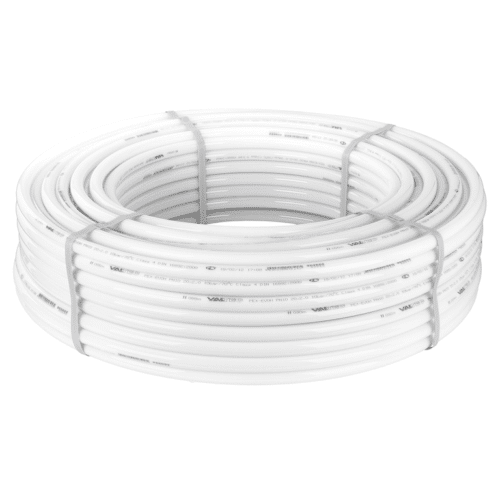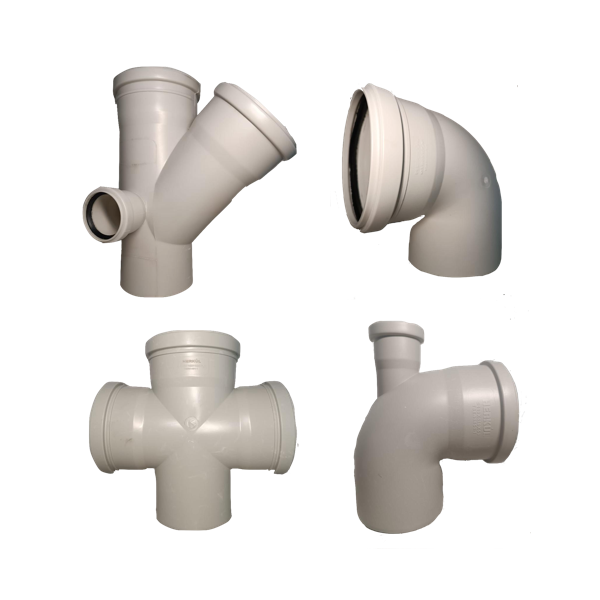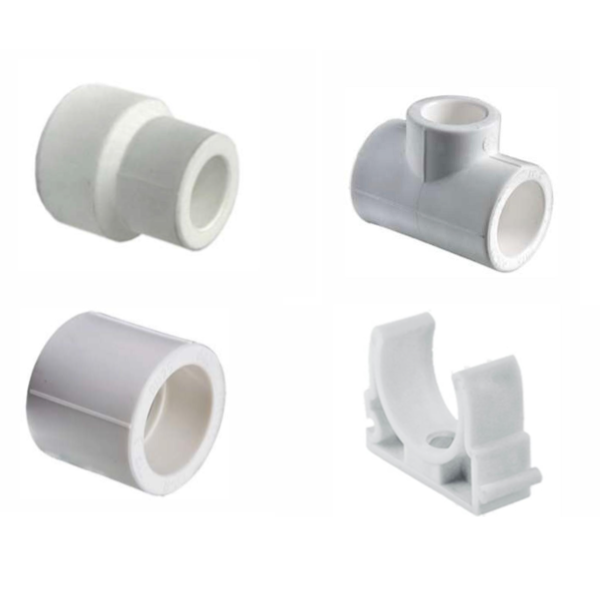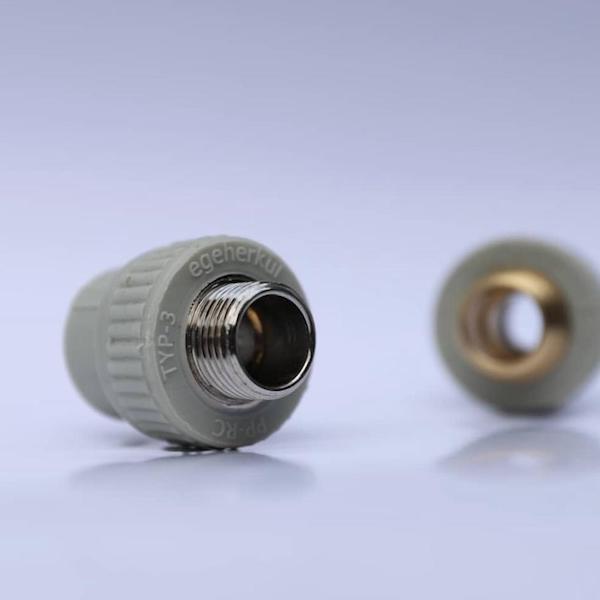Polyvinylchloride (PVC — PVC ) is considered one of the popular materials for the production of sewage pipe products. PVC pipes are not difficult to install, they have excellent performance and have a low cost.
Polyvinyl chloride is made from thermoplastic, which retains its shape as a result of heat treatment, and even in the case of mechanical stress.
PVC pipes are intended for the arrangement of:
— in-house sewage systems;
— external drainage lines;
— pressure structures;
— gravity drainage of waste liquid.
Technical characteristics of PVC sewer pipes have a direct impact on their performance properties.
Polyvinyl chloride for the production of pipes is distinguished by the following parameters:
1. High mechanical strength. PVC pipes can be used to lay sewer systems at depths of up to 8 meters.
2. The ability to provide free movement of solids contained in fecal wastewater, due to the smooth inner surface of the pipe.
3.Specific weight of about 2 kilograms per running meter. But this indicator may vary depending on the cross-section of the pipe and the thickness of its walls.
4. Permissible temperature of the working environment should be within the range of +65 ° C to -10 ° C. Only in some modifications of PVC pipes allowed short-term increase in temperature to +90 ° C.
5. The maximum tensile strength of up to 50 MPa.
6. The ability to withstand internal pressure ranging from 6 to 16 bar. The exact value depends on the structural characteristics of the pipe and wall thickness.
7. Long service life, up to 50 years.
Due to such technical characteristics sewer pipes made of this material occupy a leading position among similar products in the domestic market. In addition to the affordable price they are notable for the ease of installation due to the use of bell-mouthed method without special equipment, which greatly simplifies the repair of the pipeline or its dismantling.
Pipe lengths from 250 mm to 6000 mm
Thickness 2.2 mm and 3.2 mm
Diameter from 50 mm to 200 mm

